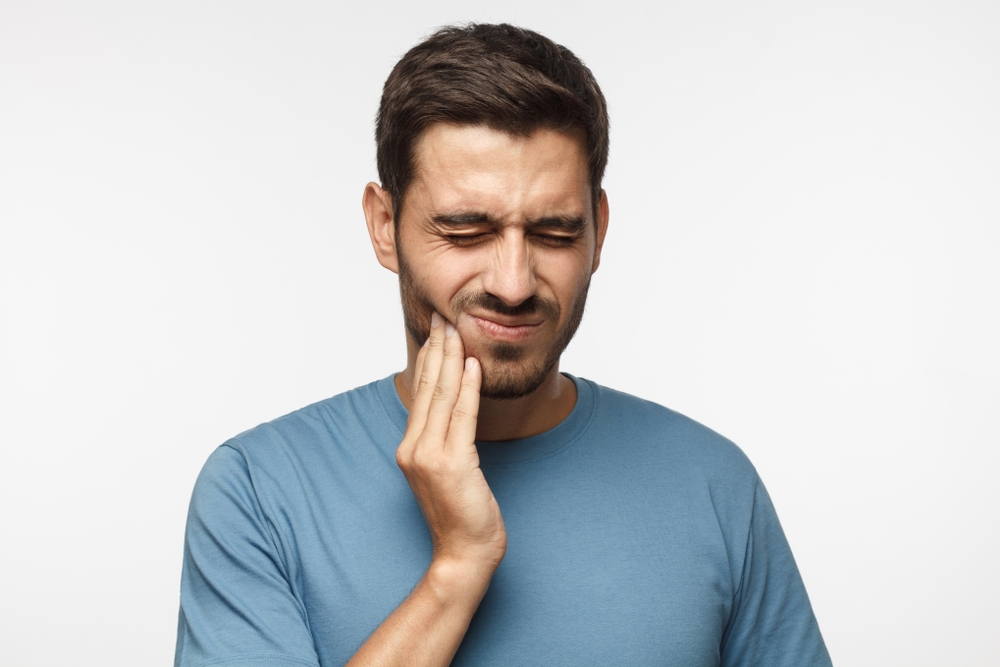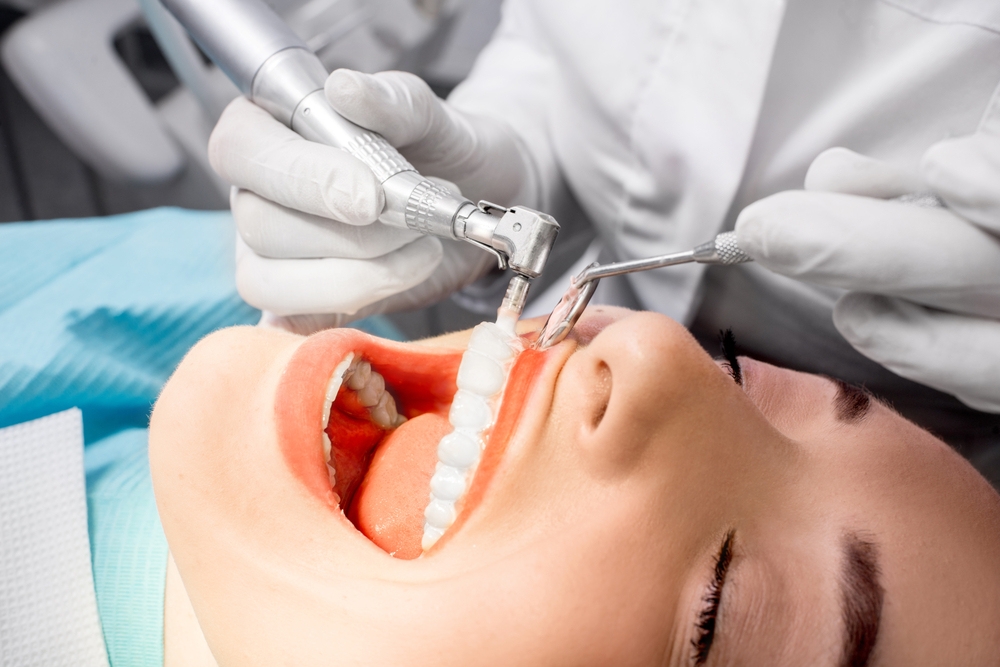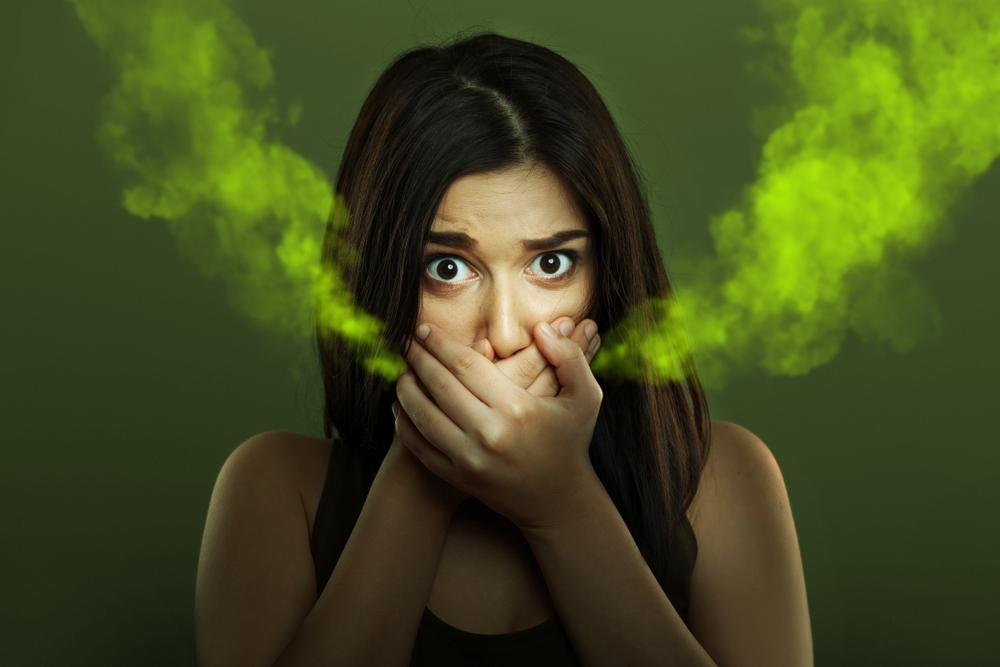
As the saying goes, “Toothache is not a disease, it really hurts.” Everyone knows that if toothache occurs, they should go to the hospital immediately. In fact, oral diseases are very strange. Many oral diseases are not known to everyone, but the incidence rate is very high. Today we will come to the Department of Stomatology in August 18 for various diseases.
Periodontal disease
Gingival bleeding is no stranger to most people. Many people think that some blood from teeth is a small matter.
However, for friends who suffer from long-term bleeding, if they ignore it all the time, you may be listed as “old” or even “young tooth loss”. Gum bleeding is actually caused by periodontal disease, one of the most common diseases in dentistry.
Periodontal disease cannot be underestimated. Our teeth are like big trees growing in the soil. Once the surrounding soil is loose or diseased, the big trees cannot grow.
Our teeth grow in periodontal tissue (gums, alveolar bones, etc.). Once our resistance decreases or we do not pay attention to oral hygiene, periodontal pathogenic bacteria will enter, forming plaque, tartar, gingivitis, and bleeding. If we continue to develop, the bones around the teeth will be absorbed, and tooth loosening will slowly begin.
There, in case of bleeding from brushing, we must not take it lightly. It is the best policy to go to the hospital for periodal treatment (tooth washing) in time.

Bruxism
On a dark and windy night, there was a [creaking, creaking] sound in the room, and the feeling of terror immediately hit.
I believe everyone has had similar experiences of being awakened by molars.
If you think that grinding your teeth at night is just a bad sleep habit, so you don’t care, then you are wrong. This is a disease and must be treated! Bruxism is the third most common sleep disease after talking in sleep and snoring.
It is caused by a variety of factors, such as emotional tension, high mental pressure and other social and psychological factors, as well as occlusal interference, genetic factors, drug factors and so on.
Molar is an unconscious process, which produces very large chewing force, 10 times as much as the general chewing force! Long-term wear of teeth can lead to crown shortening, causing dentin sensitivity, pulp disease, periapical disease, tooth fracture and other corresponding diseases. Serious cases may be manifested as masticatory muscle pain, temporomandibular joint pain, bounce.
Therefore, patients with bruxism should go to the hospital as soon as possible to find out the cause of the disease, receive treatment, or customize protective dental pads to wear during sleep.
Halitosis
Halitosis may be caused by eating certain foods with special smell, or by poor oral hygiene, xerostomia, smoking or other systemic diseases. Persistent halitosis is also a risk signal for periodontal disease.
Brushing your teeth at least twice a day, flossing your teeth and going to the hospital regularly for periodontal treatment are effective means to prevent halitosis and periodontal disease.
If you are troubled by the fact that you cannot find the reason for the smell, go to the dentist, who will check and give you a reasonable treatment plan.

Xerostomia
After drinking a lot of water, why do you still feel dry mouth?
Many people have such doubts. The survey found that 30% ~ 50% of the elderly have dry mouth to varying degrees.
In addition to physiological reasons such as gland atrophy, eating too salty and drinking less water, many diseases can also lead to dry mouth, such as diabetes, anemia, immune diseases, hyperthyroidism, long-term wearing of dentures, salivary gland injury, etc.
At the same time, patients with xerostomia are prone to caries besides feeling unwell, so they should go to the hospital as soon as possible.
Mucosal abnormality
Normal oral mucosa can be described in 6 words: [moist] [soft] [pink] [elastic] [smooth] [continuous].
If your oral cavity cannot be described by these 6 words at the same time, there may be trouble.
Some mucosal abnormalities will not cause too much discomfort. For example, oral leukoplakia may only have the feeling of rough and astringent mucosa, but it does not hurt or break. However, attention should be paid to the fact that oral leukoplakia belongs to precancerous lesions. If left unchecked, by its development, the probability of canceration is as high as 10% ~ 30%.
Oral cancer may only be manifested as a fixed ulcer that does not heal for a long time and does not have any discomfort such as pain in the early stage. Therefore, when mucosal abnormalities occur, we should pay enough attention.
In a word
There are many manifestations of oral diseases. Don’t think that you can only see a dentist if your toothache is intolerable.
We have only listed the above common diseases today. Do we know that many of the uncomfortable feelings we are accustomed to are actually diseases?
Although many oral diseases do not cause too much discomfort, they are some dangerous signals from our bodies. When large or small abnormalities are detected, we should go to the hospital for treatment as soon as possible so as not to delay the illness.
